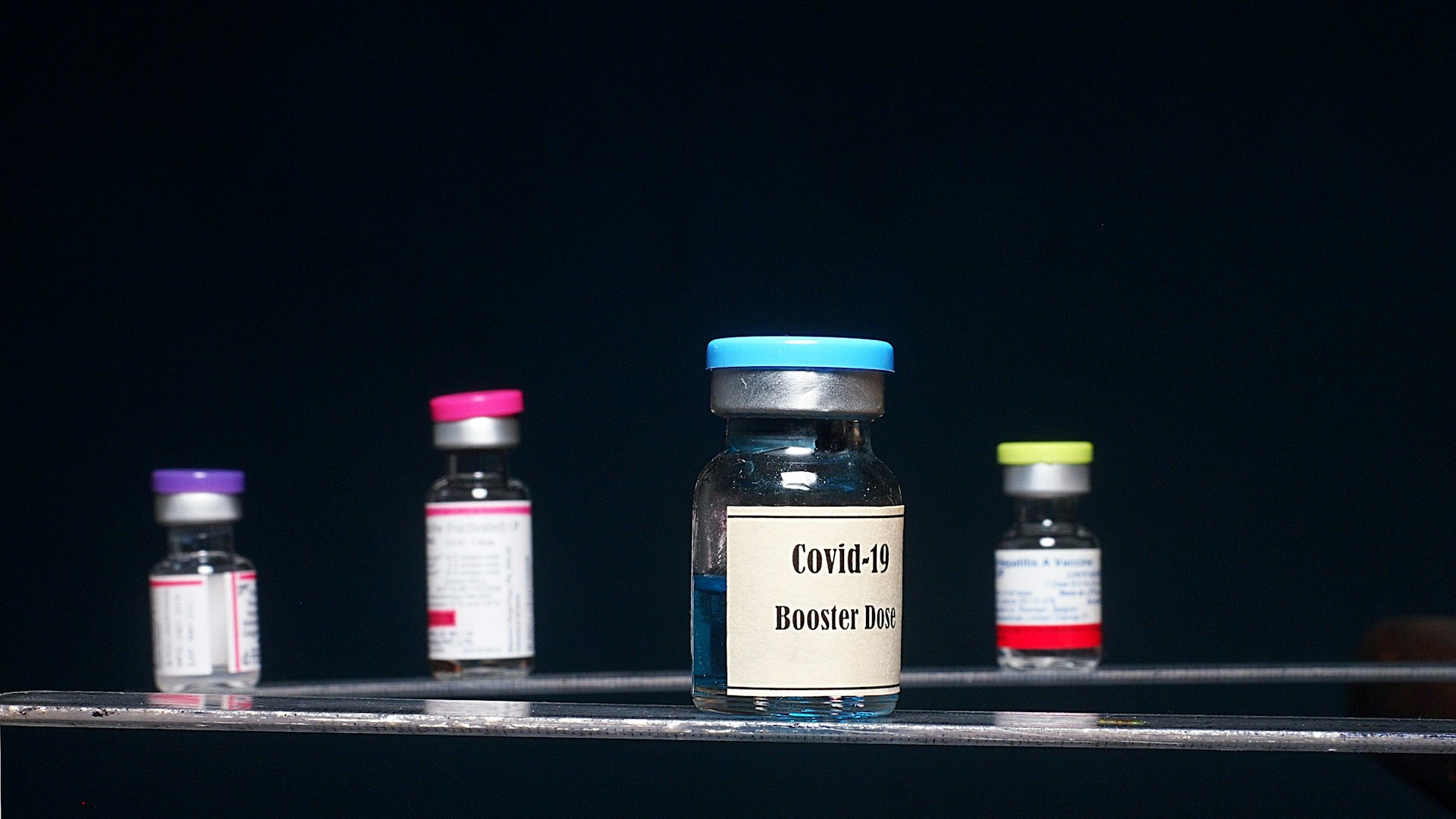Comprehensive Solutions for Electric Vehicle Battery Recycling: Safe, Sustainable, and Profitable Options

Photo by koko boko on Unsplash
Introduction to Electric Vehicle Battery Recycling
The rapid rise of electric vehicles (EVs) has brought about a significant transformation in the automotive industry. However, this growth also presents a pressing challenge: managing and recycling the large volumes of lithium-ion batteries powering these vehicles. Safe and responsible battery disposal is crucial for environmental protection, resource conservation, and regulatory compliance. Fortunately, a variety of expert solutions are now available to address the entire lifecycle of EV batteries-from collection and dismantling to material recovery and reuse.
Understanding the EV Battery Recycling Process
Recycling electric vehicle batteries involves a multi-step process designed to maximize material recovery while minimizing environmental risks. Leading industry players, such as Veolia, have developed comprehensive methods that include:
- Collection and Securing: Specialized teams collect spent batteries and ensure they are safely transported and fully discharged to prevent hazardous incidents.
- Dismantling: Batteries are carefully dismantled so individual components can be processed in the appropriate recycling sectors.
- Mechanical Separation: Advanced machinery extracts the valuable ‘black mass’-a mixture of critical metals-contained within the battery cells.
- Hydrometallurgy: Chemical processes are used to separate and purify metals like lithium, cobalt, and nickel from the black mass.
- Refining: The recovered metals are further refined to battery-grade purity, making them suitable for use in new batteries and supporting a closed-loop system.
This systematic approach ensures both safety and efficiency, allowing manufacturers and recyclers to recover strategic resources essential for future battery production. [1]
Benefits of Professional Battery Recycling Solutions
Recycling EV batteries through certified providers offers several key advantages:
- Environmental Protection: Reduces landfill waste and prevents hazardous materials from entering the ecosystem.
- Resource Recovery: Recovers valuable metals (lithium, cobalt, nickel, copper) that can be reused in new batteries-supporting a circular economy. [3]
- Regulatory Compliance: Ensures adherence to federal and state laws governing hazardous waste and battery disposal. [5]
- Operational Efficiency: Many services offer rapid pickup (sometimes next-day), streamlined logistics, and custom solutions tailored to business needs. [5]
- Potential Revenue: Some programs may offer compensation for valuable spent batteries, depending on their composition and condition. [5]
Industry Leaders and Their Approaches
Several established organizations are at the forefront of EV battery recycling, each offering unique capabilities and innovations:

Photo by Newpowa on Unsplash
Veolia
Veolia combines expertise in hazardous waste with advanced recycling processes. Their collaboration with major automakers, such as Renault, demonstrates their ability to handle large-scale, end-to-end battery recycling projects. Veolia’s network spans globally, ensuring compliance and safety at every step. [1]
SK Tes
SK Tes operates a global network of recycling facilities, using proprietary technology to break down batteries into high-quality black mass. The company specializes in navigating complex regulations, managing logistics, and creating closed-loop systems where recovered materials are repurposed for new products. Their facilities recover lithium carbonate, cobalt hydroxide, graphite, copper, and aluminum, supporting sustainable battery manufacturing. [2]
Umicore
Umicore is known for its closed-loop recycling model, which transforms end-of-life batteries into raw materials for new cathodes. Their advanced, eco-efficient processes recover copper, cobalt, nickel, and lithium with high purity, helping to reduce environmental impact and support the growing demand for responsibly sourced materials. [3]
Battery Recyclers of America
Battery Recyclers of America provides certified recycling solutions across all 50 states. They offer next-day pickup, EPA-approved processing, and custom logistics, making battery disposal convenient and compliant for businesses and individuals. Their process is designed to meet both federal and state regulations. [5]
Emerging Innovations and Startups
While established companies dominate the sector, several innovative startups are developing new techniques to lower costs and increase recovery rates. For example, some firms use robotic disassembly and advanced chemical processing to extract valuable materials more efficiently. Pilot plants in the U.S. are testing these approaches with the aim of scaling up to commercial levels. [4]
How to Access Electric Vehicle Battery Recycling Services
Accessing professional EV battery recycling solutions typically involves the following steps:
- Identify Your Needs: Assess the type and volume of batteries you need to recycle. Both individual vehicle owners and businesses can utilize certified providers.
- Find a Qualified Recycler: Search for established companies with proven track records and appropriate certifications. For example, Veolia, SK Tes, Umicore, and Battery Recyclers of America are recognized leaders in this field.
- Request a Quote or Pickup: Many providers offer online forms or customer service hotlines for requesting pickup and recycling quotes. For next-day pickup in the U.S., you can contact Battery Recyclers of America directly by phone or through their website. [5]
- Prepare Batteries for Collection: Ensure batteries are safely stored and accessible for pickup. Some providers offer packaging and storage solutions to meet safety and transportation regulations. [2]
- Track and Document the Process: Request documentation of compliance, material recovery, and environmental impact for your records. This is especially important for businesses seeking to demonstrate regulatory adherence.
If you are unsure which provider to use, you may want to compare services, pricing, and certifications. Always verify that the recycler adheres to all federal and state laws regarding hazardous waste and battery disposal.
Potential Challenges and Solutions
While EV battery recycling offers significant benefits, it is not without challenges. Some common obstacles include:
- Logistical Complexity: Batteries are classified as hazardous materials, requiring specialized handling and transportation. Solution: Work with providers experienced in regulatory compliance and logistics.
- Variable Material Value: The value of recovered materials can fluctuate, affecting potential compensation. Solution: Seek recyclers who offer transparent pricing and recovery reports.
- Technology Gaps: Recycling methods are evolving, and not all providers use the most advanced techniques. Solution: Prioritize companies with a track record of innovation and closed-loop processing.
Alternative Approaches and Additional Resources
Some automakers, such as Renault, partner directly with recyclers to manage end-of-life batteries. You may contact your vehicle manufacturer or authorized dealership to inquire about take-back programs and official recycling channels. [1]
For individuals and small businesses, local waste management authorities or environmental agencies may provide guidance on certified battery disposal. Always use the search term “electric vehicle battery recycling” along with your state or city to find reputable services nearby.
Key Takeaways
Electric vehicle battery recycling is essential for environmental sustainability, resource conservation, and regulatory compliance. Leading solutions offer secure, eco-friendly, and potentially profitable ways to dispose of spent batteries. Whether you are an individual or a business, you have access to certified providers, innovative technologies, and a growing set of options for responsible recycling. Always verify credentials, seek comprehensive documentation, and consider both established providers and new entrants for the best fit for your needs.
References
- [1] Veolia (2024). Recycling electric car batteries – process overview and solutions.
- [2] SK Tes (2024). Lithium Ion & EV Battery Recycling Services.
- [3] Umicore (2024). Advanced battery recycling and closed-loop solutions.
- [4] Canary Media (2024). EV battery recycling is costly. These 5 startups could change that.
- [5] Battery Recyclers of America (2024). Electric Vehicle Battery Recycling Services.
MORE FROM feelmydeal.com













